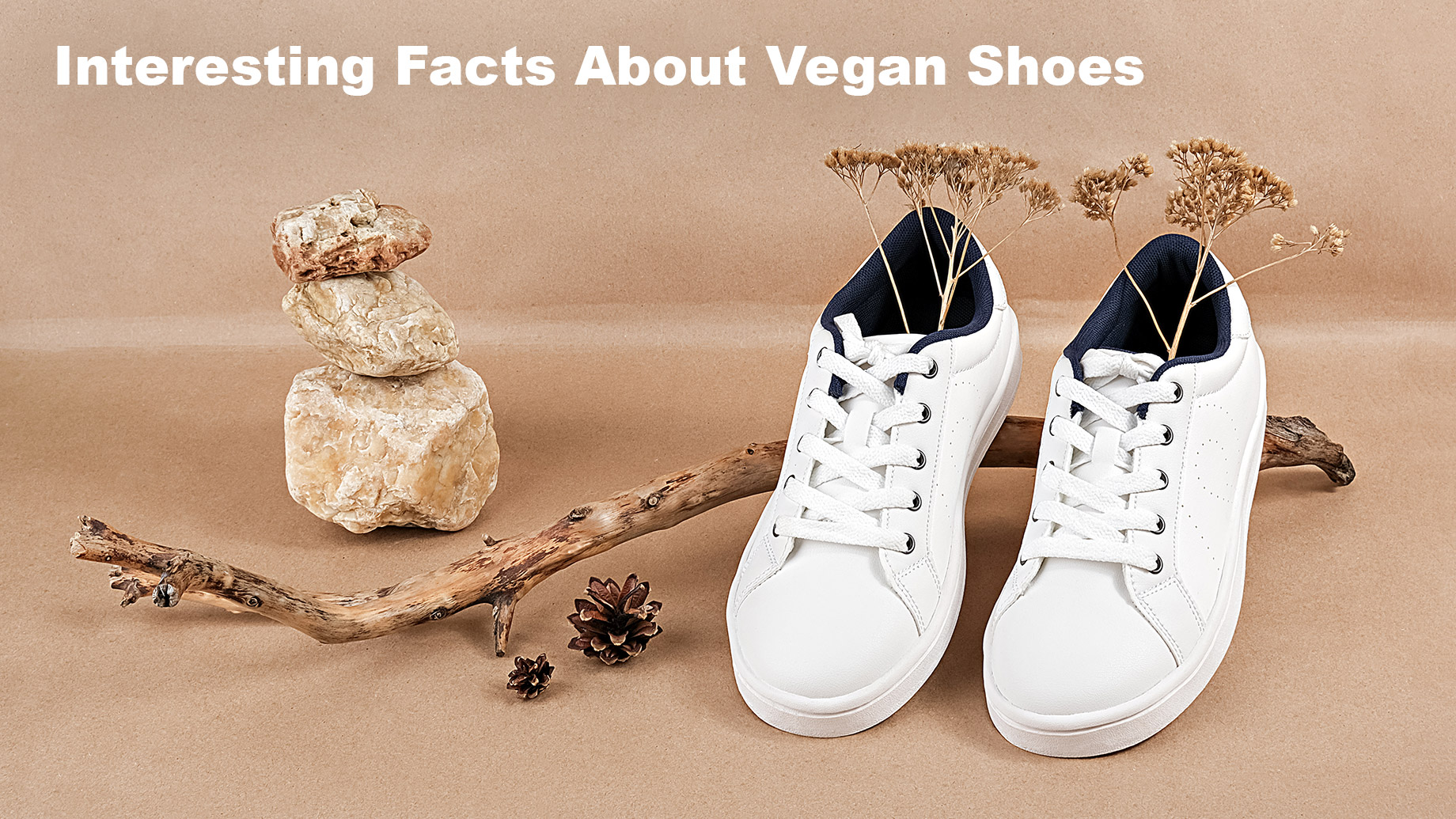
Shopping for vegan-friendly shoes may be a difficult task at times, especially when attempting to determine if the shoes are made of real leather (from an animal) or synthetic, man-made materials such as synthetic leather. Because the vegan footwear industry is expanding, these vegan shoe brands are becoming more widely available, and this article might assist you in locating them. After much searching, I was able to come across a simple and uncomplicated strategy to follow while looking for cruelty-free shoes online.
What Are Vegan Shoes?
Vegan shoes are devoid of animal-derived materials and by-products, as well as their byproducts. Leather, down, wool, silk, and fur are just a few of the materials that may be used. Furthermore, you will not discover any materials in this category that have been tested on animals.
In recent years, as consumer demand for environmentally friendly items has grown, vegan sandals for men and women have improved significantly in terms of both quality and variety. These shoes are made of synthetic materials such as polyurethane, microfibre fabric, PVC, rubber, and even recycled resin soles for the soles and uppers.
Fortunately, the selection of vegan shoes has only grown more extensive over the past several years. Not only are synthetic leathers widely utilized in all sorts of footwear, but material technologies have progressed to the point that shoes made entirely or largely of synthetic materials are becoming increasingly popular, particularly in active lifestyle footwear.
Why Are People Switching To Vegan Shoes?
Despite the fact that vegan shoes for men and women are made mostly of petroleum-based artificial ingredients, they are far less damaging than animal-based versions. Vegan shoes are often thought to have a reduced carbon impact than non-vegan shoes.
Animal-based shoes have raised issues about the exploitation of exotic animals for their skins, as well as about the cruelty involved with the food and animal by-product industries. Vegan shoes, on the other hand, are frequently less expensive than their animal-based equivalents, and they have become increasingly popular in both the fashion industry and the athletic/casual sector.
Although there is some controversy about the environmental effect of synthetic leathers manufactured from PVC, polyurethane, and other poly-composite microfibers, it is generally agreed that they are environmentally friendly. The question of whether leather manufacture or synthetic production is worse for the environment has been a long and controversial discussion for many years. Vegan shoes, according to the general perception, have long been a sign of a socially conscious living. At the end of the day, the decision to purchase a vegan shoe is entirely up to the individual buyer.
What Kind Of Materials Are Vegan-Friendly?
Vegan footwear indicates that a company’s whole range of vegan-friendly shoes is made entirely of high-quality synthetic materials and does not contain any animal products. For anything from sandals to sneakers, this includes the sticky-rubber outsole as well as the detachable footbed and water-resistant top as well as the straps, laces, and any other components of the shoe. Advances in synthetic materials have opened the door to additional alternatives, improved design, and improved performance in vegan footwear.
Customer expectations for durability, traction, and support from major brands are maintained by great vegan-friendly footwear. Vegan shoes are made from a variety of materials, including synthetic microfibers, polyurethane and EVA, recycled and virgin rubber, canvas, textiles, and faux-leather items.
How Can You Tell If A Pair Of Vegan Shoes Are Genuine?
It might be difficult to distinguish between animal-friendly vegan shoes and the vast array of non-vegan shoes on the market today. How would you tell if a brand’s shoes are made of leather or imitation leather without looking at them?
A large number of manufacturers and brands label their shoes and give information on the materials that were used in the production of their shoes. As a result, when purchasing your shoes, be sure to look at the labels and steer clear of any shoes manufactured from animal skins, wool, feathers, leather, or fur. Due to the fact that vegan shoes are manufactured from synthetic fibers and fabric created by humans, choose shoes made of PVC, PU (polyester), rubber, cotton, or cork.
Shoe labels may also include symbols indicating if a pair is made of leather, coated leather, textile, or another type of material. In the last two, the symbols of cloth and diamond are used, and they are also vegan-friendly options.
Furthermore, you must pay close attention to the soles and inner lining of the shoe, among other things. Some shoes, for example, may have a fake leather outside yet be lined with woolen slippers on the inside. Because of the growing popularity of vegan-friendly products, even high-end firms are turning to environmentally friendly alternatives. For example, they have substituted PU plastics for shearling, fur for faux fur, snakeskin for resin, and suede for faux suede in place of shearling.
Conclusion
People have been increasingly turning to vegan-friendly and environmentally aware items over the years in order to prevent rampant pollution and animal suffering throughout the world. As a result, vegan shoes are really popular right now. Shoes were created for walking, not for terminating the lives of animals or ruining our environment. Not only are these shoes devoid of animal cruelty, but they are also created utilizing environmentally friendly procedures to soothe the minds of all those who are concerned about the environment.